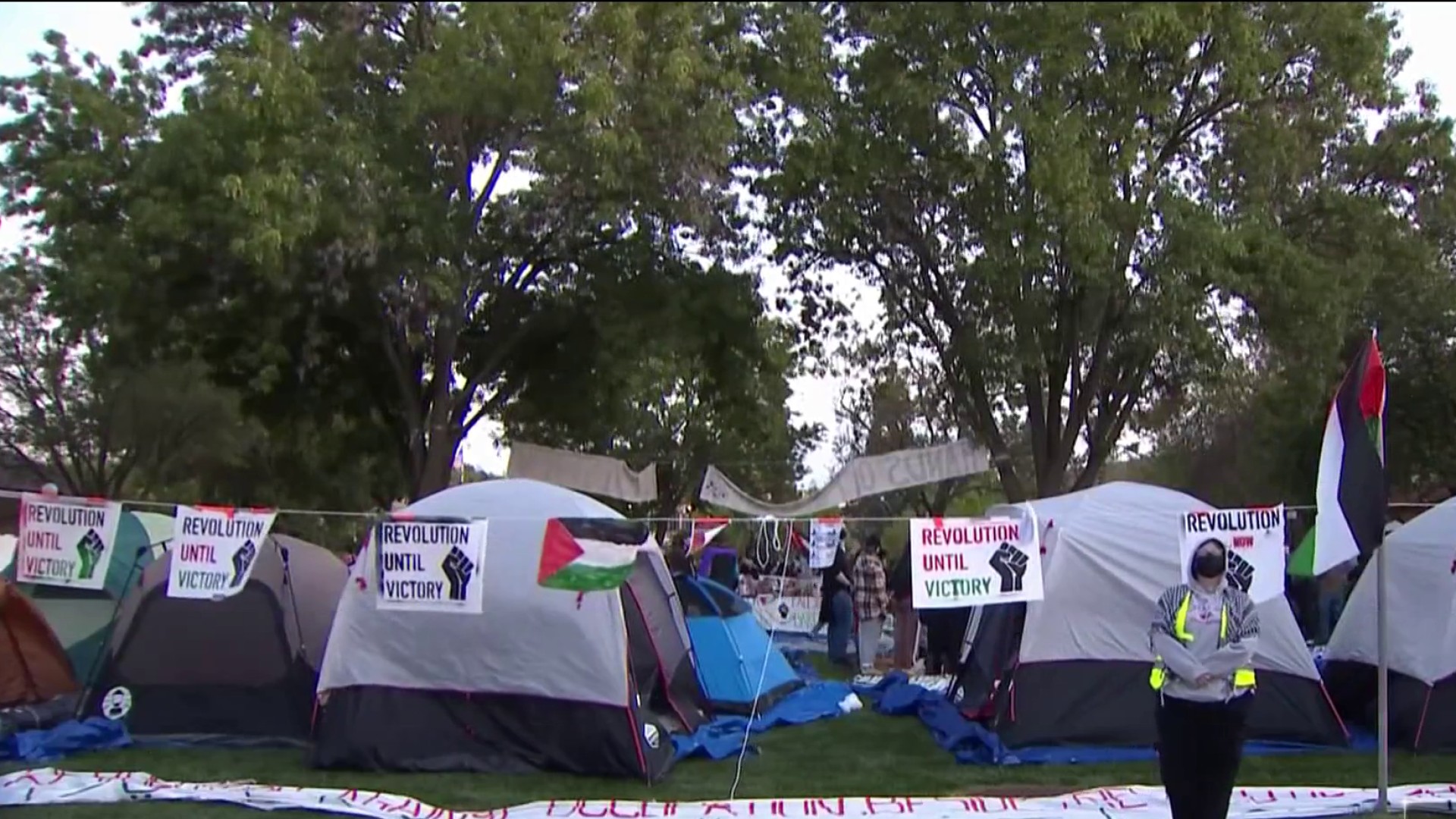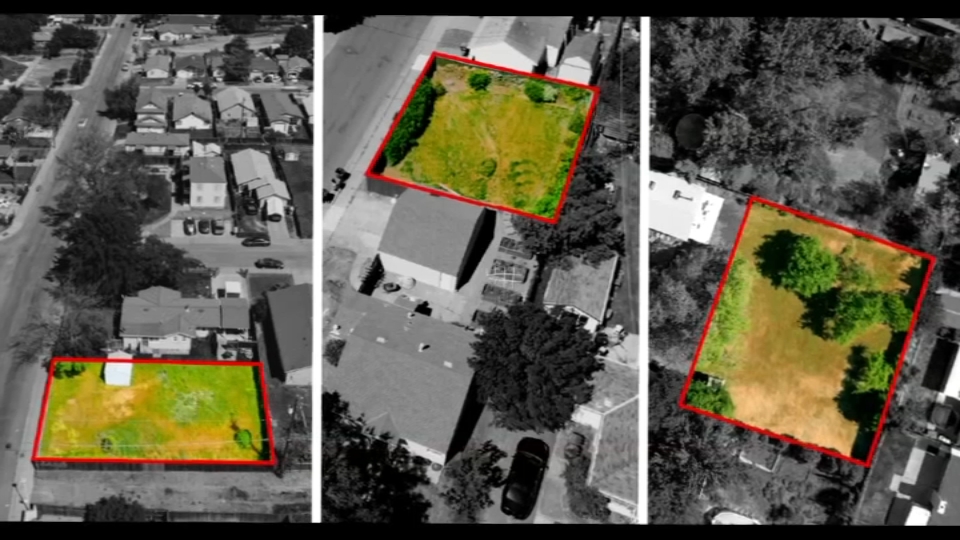Elizabeth Fong was lounging in bed, about to take a shower before catching a plane back to San Jose when an alert popped up on her screen. It was 8:07 a.m. Saturday.
The message read, in all caps, “Ballistic missile threat inbound to Hawaii. Seek immediate shelter. This is not a drill.”
Fong and her friend jumped into action, closed windows and doors, grabbed cases of water and food, all the while “crying” and “shaking.”
Deciding to take shelter in a bathtub, the pair used blankets and even plush toys to block doorways, in the hope that they could protect themselves from radiation.
“There’s nothing we (could) do,” said Fong, who was in Hawaii to buy a house. “There’s nowhere to go here. We were just so scared.”
Fong called her husband – who was in a Home Depot store in Gilroy – and sister and told them she loved them, afraid that would be the last time she'd hear their voices.
Local
“There’s a missile coming,” she recalled saying. “We’re not going to make it.”
A neighbor was running up and down their street, screaming, “There’s a missile coming. We’re going to die. There’s a missile coming,” Fong said. Friends were rushing off Hawaii’s famed beaches.
About 40 minutes later, Fong’s phone lit up again. This time, it informed her that the previous alert had been sent in error. The false alarm has earned the ire of local leaders and prompted a Federal Communications Commission investigation.
Cindy McMillan, a spokeswoman for Gov. David Ige said that it was human error and that someone pressed the wrong button.
“Not the typical breakfast conversation today. How does this mistakenly get sent to an entire state,” Mark Zizzo, of Los Gatos, wondered on Facebook. He is in Hawaii on vacation.
Frustrated at how long it took officials to follow up with a message that the alert had been a false alarm, Zizzo said, “I couldn’t believe we traveled all over Asia during the heightened nuclear crisis with North Korea to come back to the States and receive this alert.”
On TV, Hawaii emergency officials were asking people not to panic.
“It was already too late,” Fong said. “We were panicked. We feared we were going to die. … Even after a half hour, our nerves are still shot. We’re trying to calm down. There was chaos.”
What compounded the terror, she said, was the fact that people and officials seemed unprepared. What would they do if such a threat were to be real?
People are afraid to even step out of their houses, Fong said. While others are rushing to grocery stores to stock up on supplies to brace for such an attack, which seems increasingly likely under the leadership of President Donald Trump.
“Instead of the president egging on (Kim Jong Un) he should try to negotiate something peacefully,” Fong said. “This is ridiculous … I think instead of being a baby about everything and (focusing on) whose toy is bigger than whose, he should try and calm things down. That’s what somebody in the presidency does.”
Editor's Note: Mark Zizzo is a former employee of NBC Bay Area.
NBC Bay Area's John Zuchelli contributed to this report.



